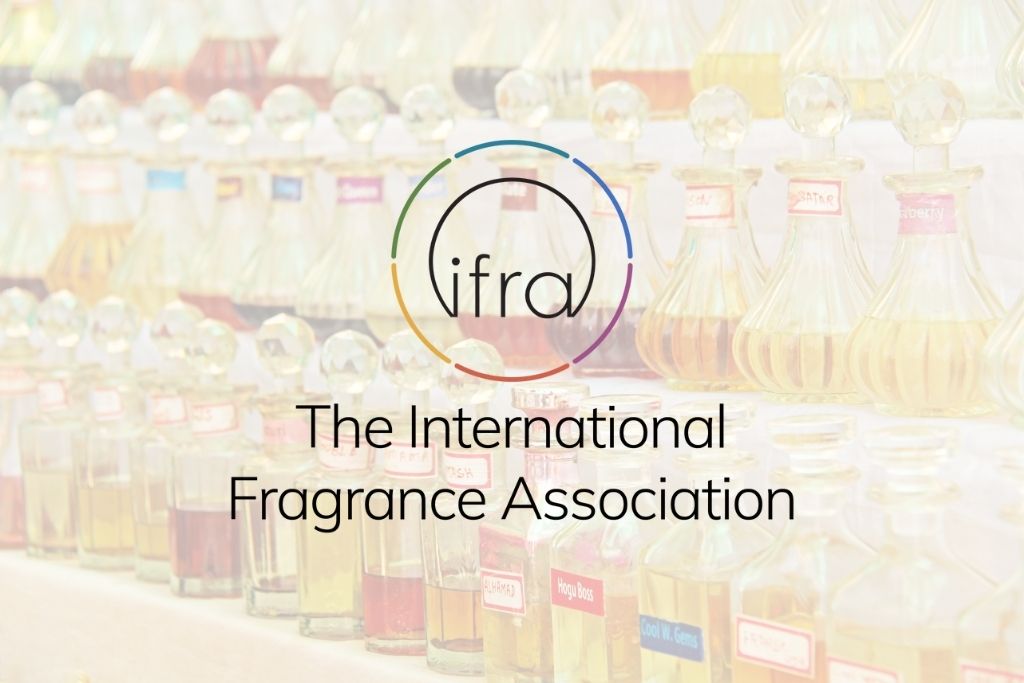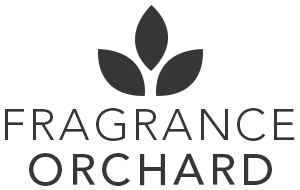Fragrance gives products their own identity, but every safe scent depends on global rules that protect consumers and the environment. The IFRA Guidelines set out how fragrance ingredients and fragrance oils can be safely used in perfumes, essential oils, body lotions, and scented candles. These safety standards make sure creativity doesn’t come at the cost of consumer safety.

Understanding the International Fragrance Association (IFRA) helps fragrance manufacturers and candle makers handle formulation limits, IFRA certificates, and product compliance. Following the correct IFRA categories and concentration levels helps protect consumers, supports brand transparency, and keeps every final product in line with international safety expectations.
As new research develops and regulations change, IFRA updates its safety standards. Staying familiar with these IFRA Guidelines allows perfumers, small makers, and large producers alike to stay IFRA compliant and maintain fragrance safety across all product categories.
What is IFRA?
The International Fragrance Association (IFRA) creates global safety standards that control how fragrance materials and fragrance compounds are used. It plays a major role in helping fragrance manufacturers ensure that their fragrances are safe for people, pets, and the environment.
Mission and Global Role
Since its founding in 1973, IFRA has represented fragrance producers worldwide. It’s best known for developing the IFRA Standards, which define safe usage levels for thousands of fragrance materials, including both synthetic and natural ingredients such as citrus oils and other essential oils. These rules form part of the IFRA Code of Practice, a global benchmark for fragrance safety and responsible formulation.
The association’s goal is to protect consumers, support responsible innovation, and encourage safe use of fragrance oils across perfumes, home fragrances, laundry detergents, lip products, and leave-on products such as creams or body lotions. Each decision is backed by scientific review and guided by independent experts.
IFRA works with regulators, scientists, and consumer organisations to keep public confidence strong. The aim is simple – to make sure that fragrances in any final product meet consistent safety standards across all regions.
Understanding IFRA Standards
The IFRA Standards describe how fragrance ingredients can be used safely in different product categories. They combine research, risk assessment, and international feedback to make sure fragrance safety is always prioritised.
The Three Types of IFRA Standards
There are three main types of IFRA Standards: Prohibition, Restriction, and Specification. Each one affects how a fragrance ingredient or fragrance oil can be used in a product.
- Prohibition Standards completely ban certain fragrance materials that present unacceptable risk to health or the environment.
- Restriction Standards set safe concentration limits based on product category – for instance, leave-on products like lotions or lip balms, wash-off products such as shampoos, or home items like scented candles and laundry detergents.
- Specification Standards define purity or quality requirements for ingredients. They make sure fragrance compounds meet chemical limits before use, keeping each batch consistent and safe.
The Science Behind IFRA: RIFM and the Independent Expert Panel
The Research Institute for Fragrance Materials (RIFM) supplies the research behind IFRA Standards. It collects and studies data on thousands of fragrance ingredients to evaluate their impact on health and the environment.
An Independent Expert Panel made up of toxicologists, dermatologists, and environmental scientists reviews these studies. They are separate from the fragrance industry to avoid any conflict of interest. Their analysis determines whether a fragrance oil, natural ingredient, or essential oil might cause skin irritation, allergic reactions, or environmental harm.
IFRA then uses these findings to update its Standards and issue IFRA certificates that help fragrance manufacturers prove compliance.
How IFRA Standards Are Developed
Each new or revised IFRA Standard follows a careful process:
- Data Collection – RIFM gathers and analyses all available information about fragrance materials.
- Risk Assessment – The Independent Panel evaluates exposure and safety levels.
- Drafting – IFRA creates a draft amendment based on the panel’s findings.
- Industry Review – Fragrance manufacturers and associations review and provide feedback.
- Final Approval – IFRA releases the new or updated Standard and supporting IFRA certificates.
Each amendment, such as the 51st update, reflects current research and global fragrance safety expectations.
Why IFRA Standards Matter
The IFRA Guidelines provide the foundation for fragrance safety. They protect consumers, guide businesses, and strengthen trust across the fragrance industry.
Protecting Consumer Safety
The main purpose of IFRA Standards is to protect consumers by banning or limiting ingredients that present health risks. These safety limits apply to both natural and synthetic fragrance oils and essential oils used in perfume, skincare, and candle making.
By keeping exposure levels within safe ranges, IFRA helps reduce allergic reactions and irritation, especially for those with sensitive skin. Continuous updates ensure the standards reflect the latest science on fragrance safety.
Supporting Legal Compliance
Following the IFRA Guidelines helps fragrance manufacturers meet local and international regulations more easily. Many governments recognise IFRA as a global benchmark for fragrance safety.
Brands that hold valid IFRA certificates can demonstrate their commitment to compliance and transparency. This approach lowers the risk of recalls, fines, or disputes linked to unsafe fragrance ingredients or unfinished documentation.
Building Reputation and Trust
Being IFRA compliant shows customers that a company values quality, consumer safety, and environmental responsibility. Today’s buyers often look for visible proof that products meet recognised safety standards.
For fragrance oils, essential oils, and scented candles, IFRA compliance signals that every fragrance material has been tested and reviewed under strict safety standards. This improves brand reputation, encourages loyalty, and sets a responsible business apart in a competitive market.
Reputation advantages include:
- Proof of safe and ethical production.
- Clear communication of compliance through IFRA certificates.
- Stronger confidence among retailers and distributors.
- Lower reputational risk through transparent formulation practices.
Frequently Asked Questions
What does IFRA stand for?
IFRA means the International Fragrance Association, the organisation that creates and maintains global fragrance safety standards.
Are IFRA Standards required by law?
They’re voluntary but recognised worldwide as the global benchmark for fragrance safety. Most fragrance manufacturers follow them and issue IFRA certificates to confirm compliance.
How often are IFRA Standards updated?
IFRA updates its standards whenever new research from RIFM becomes available. These updates reflect the most current safety data and scientific understanding.
Do IFRA rules apply to natural ingredients?
Yes. Both natural ingredients like citrus oils and synthetic fragrance compounds are reviewed under the same safety standards. The focus is on exposure and risk, not origin.
How can a company prove IFRA compliance?
Businesses issue an IFRA Certificate of Conformity confirming that their final product meets the latest IFRA Standards. This is often required for trade, export, or retail approval.
Which products are covered by IFRA Guidelines?
The IFRA Guidelines apply to all fragrance-containing products – perfumes, essential oils, scented candles, body lotions, lip products, leave-on products, and household goods such as laundry detergents and diffusers.
Why are IFRA Standards important for candle making?
Candle makers rely on IFRA categories to check the safe concentration of fragrance oils in wax. This keeps both the maker and consumer safe while maintaining fragrance quality.
Where can I find official IFRA certificates and documentation?
All official IFRA Standards, amendments, and certificate templates are available on the IFRA website.
